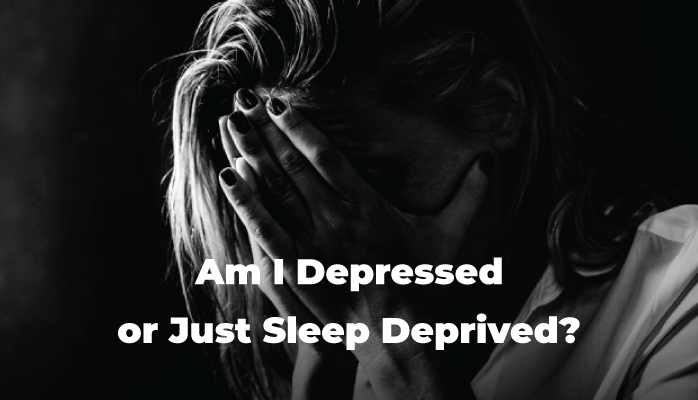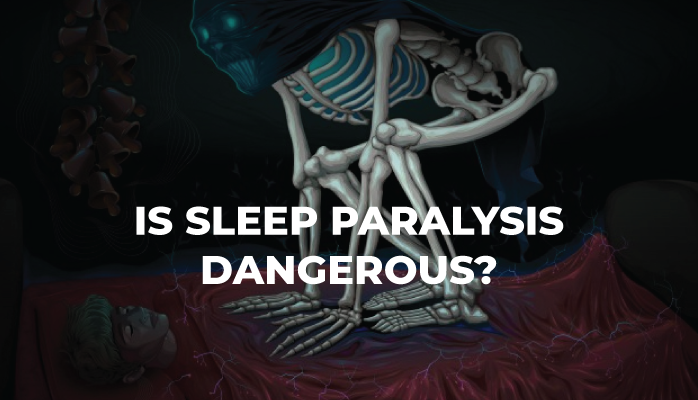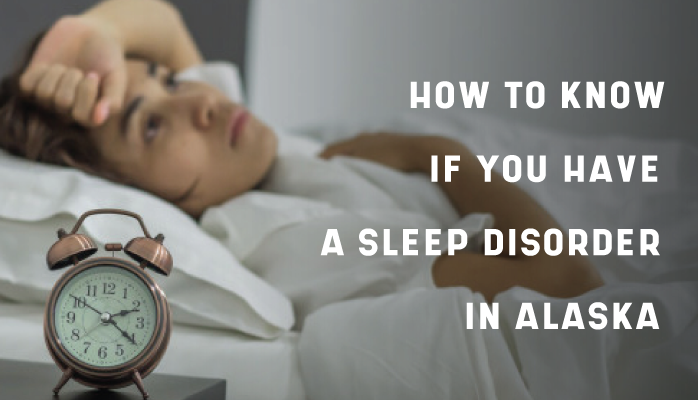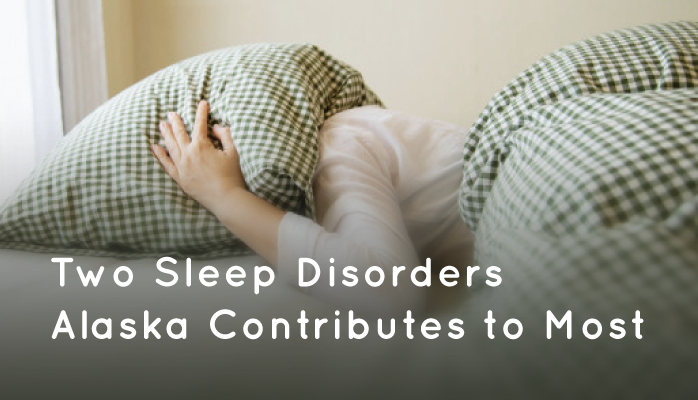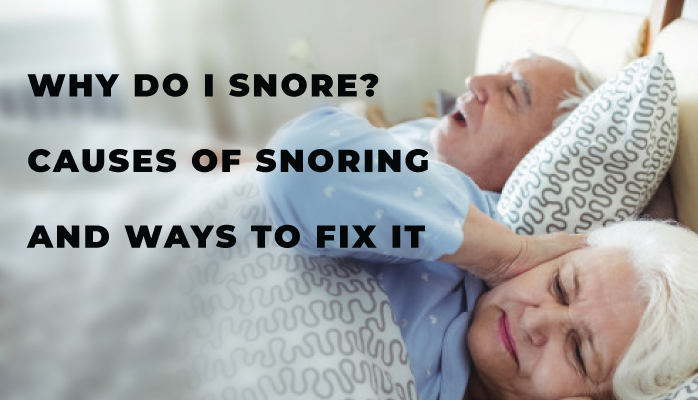What is Sleep Deprivation
Sleep deprivation is the chronic condition of not receiving adequate sleep. Adequate sleep will differ from person to person, and change as we age. Most of us suffer from sleep deprivation because we either have trouble staying asleep, or getting to sleep. Does that sound familiar?
It's also important to distinguish between short-term sleep deprivation, such as sleep deprivation caused by anxiety or stress that will soon pass, and long-term sleep deprivation, such as a chronic lack of sleep that may spread over months or years.
Sleep deprivation is usually followed by sleep binging (i.e. on the weekends) before the cycle of sleep deprivation starts over. Chronic sleep deprivation is has a strong link to depression. One of the common signs of insomnia and sleep apnea, for example, is depression.

